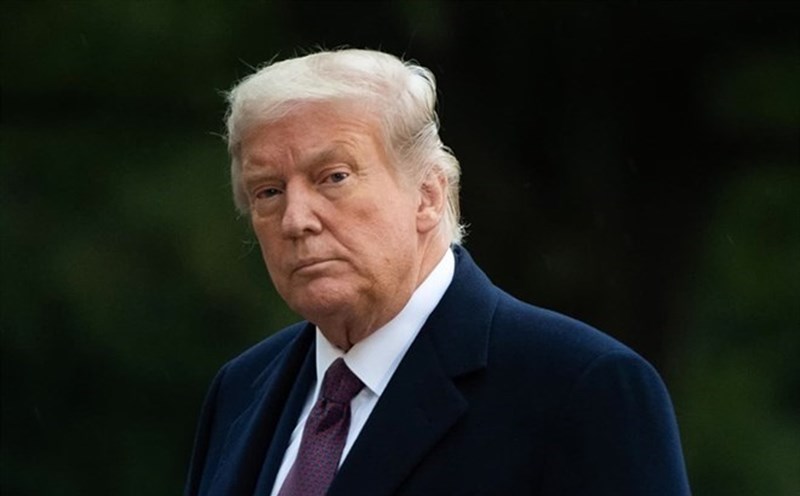On November 15, financial records were released showing that US President Donald Trump had purchased at least $82 million in corporate and urban bonds between August 28 and October 2. Notably, these new investments include sectors that are benefiting from his own policies.
According to the forms published by the US Government Office of Environmental Affairs (OGE), Mr. Trump has made more than 175 financial transactions in just over a month.
These documents, published under the Government ethics Act 1978, do not list the exact amount for each transaction but only provide a broad value framework. According to the records, the total value of these bond purchases exceeded 337 million USD.
Most of the assets listed in the disclosure documents include bonds issued by cities, states, districts, primary schools and other public organizations.
However, Mr Trump's new corporate bond investments span across many industries, including those that have been or are benefiting from his administration's policy changes, such as easing financial regulations.
The corporate bonds Mr. Trump bought include issuances from chipmakers such as broadcom and Qualcomm; technology companies such as Meta Platforms ( Facebook's parent company); retailers such as Home Depot and CVS Health; and Wall Street banks such as Goldman Sachs and Morgan Stanley.
A particularly noteworthy detail is Mr. Trump's purchase of bonds from investment banks at the end of August, including JP Morgan bonds.
On November 14 alone, President Trump himself asked the US Department of Justice to investigate JP Morgan into the bank's relationship with the late billionaire Jeffrey Epstein. The bank said it regrets its past relationship with Epstein but did not help him commit crimes.
Another case that is likely to cause controversy over conflicts of interest is Mr. Trump's purchase of Intel bonds after the US government, under his leadership, bought shares of this company.
The White House did not immediately comment on the above documents. The Trump administration has previously said that Trump has continued to submit mandatory disclosure documents on his investments, but neither he nor his family have the role of managing the portfolio, which is managed by a third-party financial institution.
Mr. Trump, who got rich through the real estate sector, has also previously said he had put his companies in a trust fund supervised by his children.
However, the published records continue to raise concerns about potential conflicts of interest. A filing in August showed Trump had purchased more than $100 million in bonds since returning to office in January.
The annual records in June also reported an income of more than 600 million USD (from cryptocurrency, golf courses, licensing, etc.) still belonging to him, with a total asset worth at least 1.6 billion USD.











